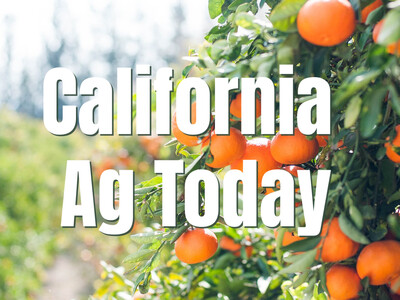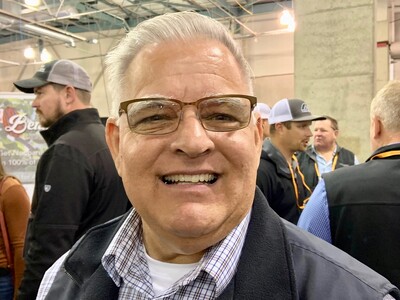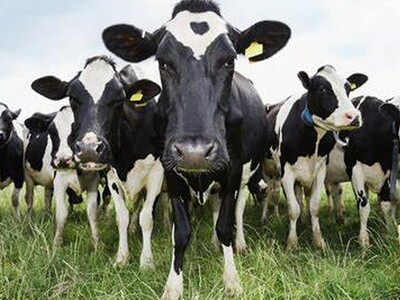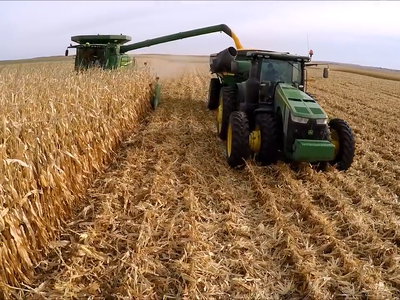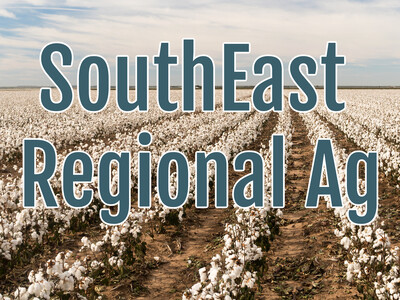TPP Concerns and One Barrier to Americans Trying New Foods
The 12-nation Trans-Pacific Partnership trade negotiations are drawing to a conclusion, but Japan wants to exclude a number of agricultural products as part of a final agreement.?In a press conference yesterday, Senator Chuck Grassley and representatives from five major U.S. commodities and farm organizations announced that the U.S. agricultural industry will be hard-pressed to support a final Trans-Pacific Partnership or TPP that includes Japan but allows that country to exempt from tariff elimination nearly 600 tariff lines. Senator Grassley says
Grassley: “If Japan is allowed to keep high tariffs on these five products through these negotiations then this sends a very strong message to other countries involved that they can protect their own products as well. Japan is an economically developed nation — not some third-world country. The third largest country in the world can not make such protectionist moves like that without having a ripple effect. You can then bet that if Japan gets it way that suddenly every other country will have sacred products that can’t be touch in a final agreement. Additionally the TPP will set a precedent for the Free Trade Agreement with the EU.”
All the press conference speakers agreed that If the United States accepts Japan’s TPP offer, it would have long-lasting negative consequences for U.S. farmers and for agricultural jobs and, just as important, for future U.S. free trade agreements.
USDA’s Gary Crawford reports that the variety of new and different fruits and vegetables in supermarkets is growing, but there's a major obstacle to those foods catching on with consumers.
USDA Report






